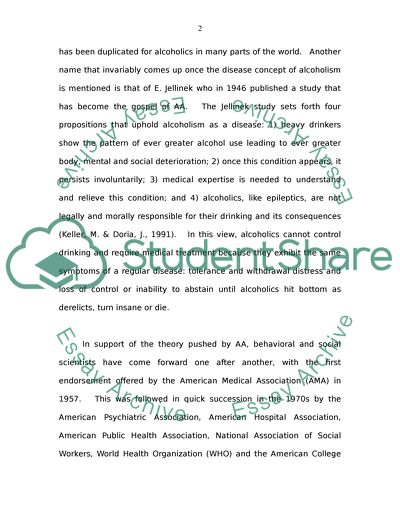Cite this document
(“Alcoholism Master Essay Example | Topics and Well Written Essays - 2000 words”, n.d.)
Retrieved from https://studentshare.org/health-sciences-medicine/1504796-alcoholism-master-essay
Retrieved from https://studentshare.org/health-sciences-medicine/1504796-alcoholism-master-essay
(Alcoholism Master Essay Example | Topics and Well Written Essays - 2000 Words)
https://studentshare.org/health-sciences-medicine/1504796-alcoholism-master-essay.
https://studentshare.org/health-sciences-medicine/1504796-alcoholism-master-essay.
“Alcoholism Master Essay Example | Topics and Well Written Essays - 2000 Words”, n.d. https://studentshare.org/health-sciences-medicine/1504796-alcoholism-master-essay.


